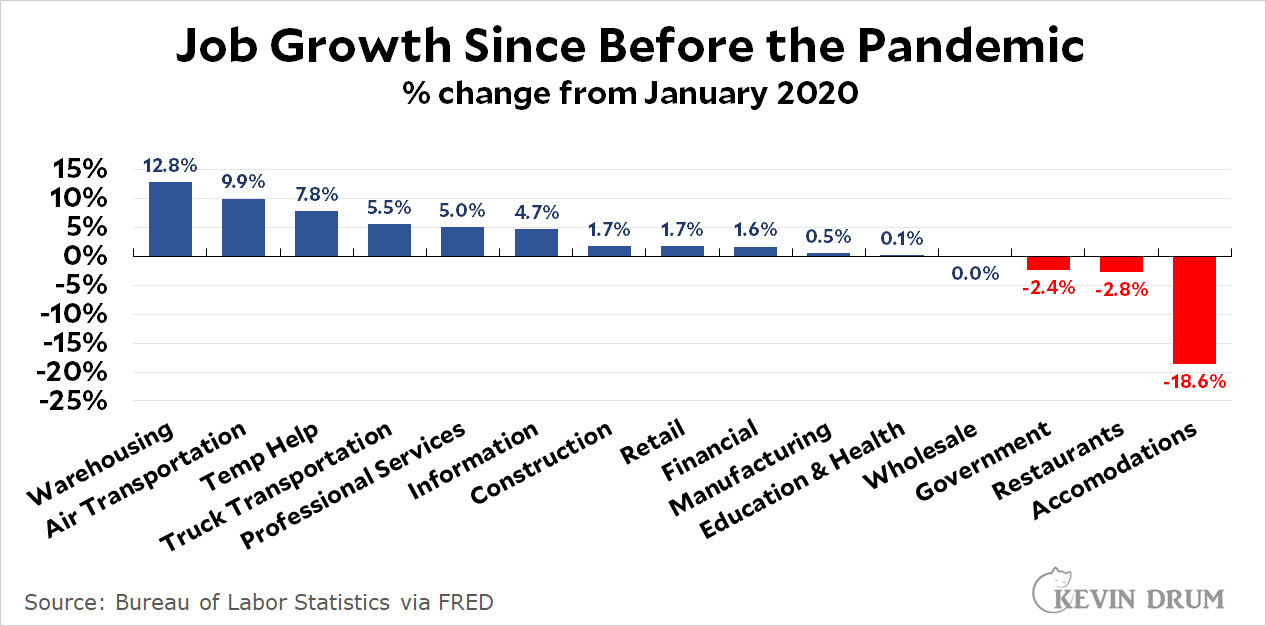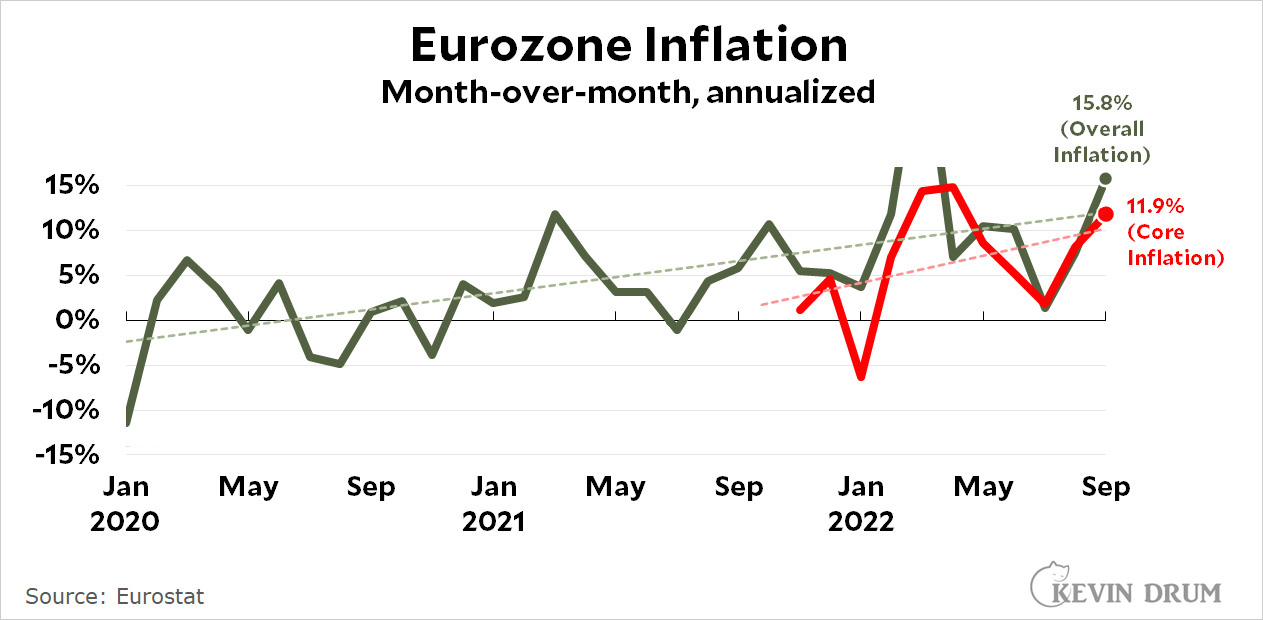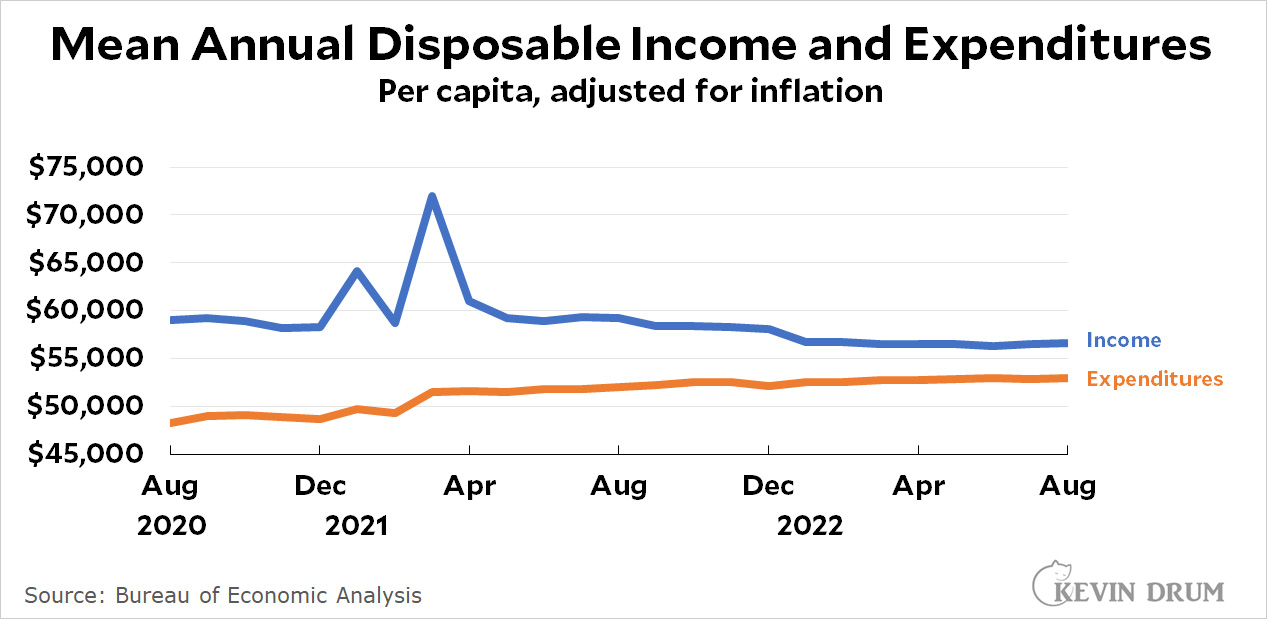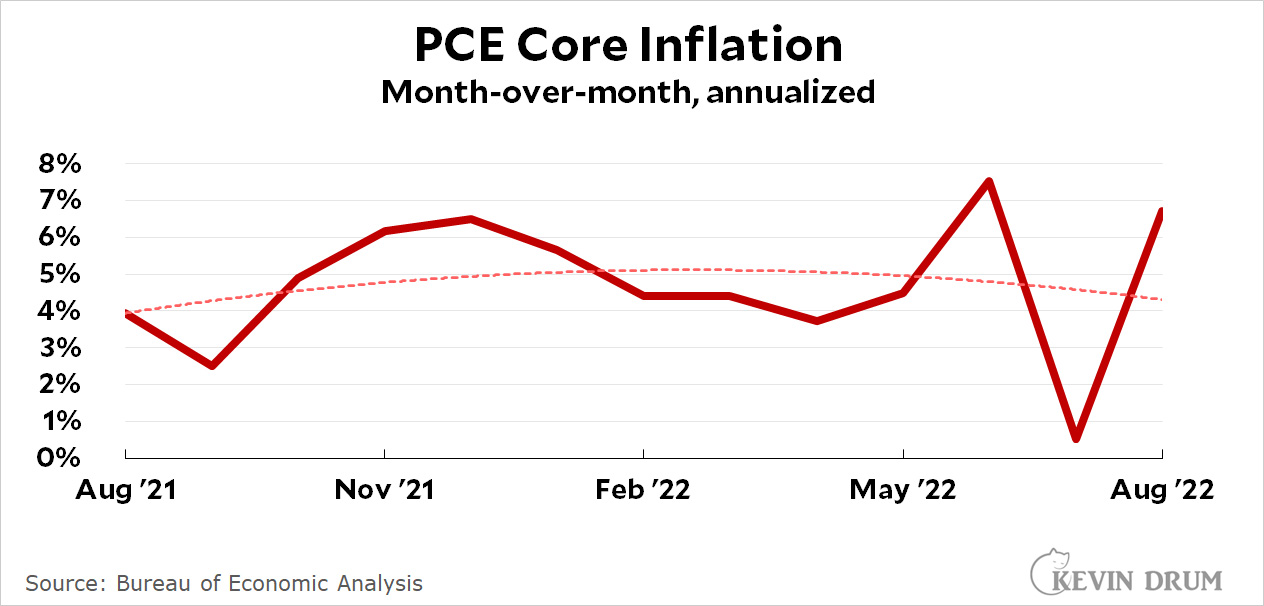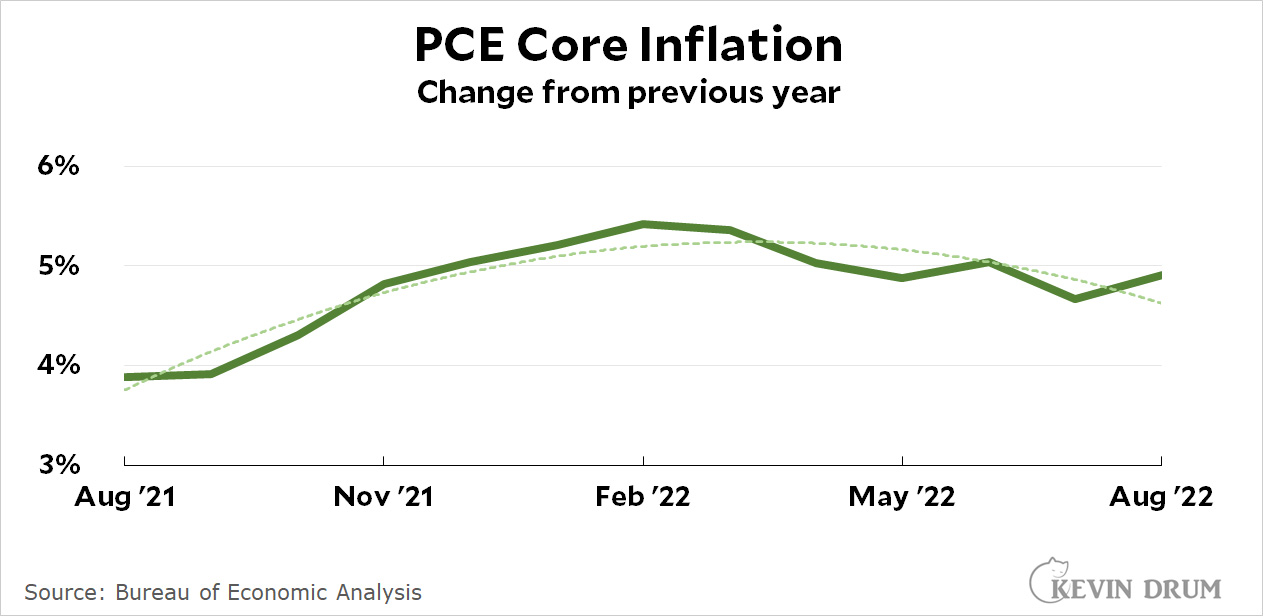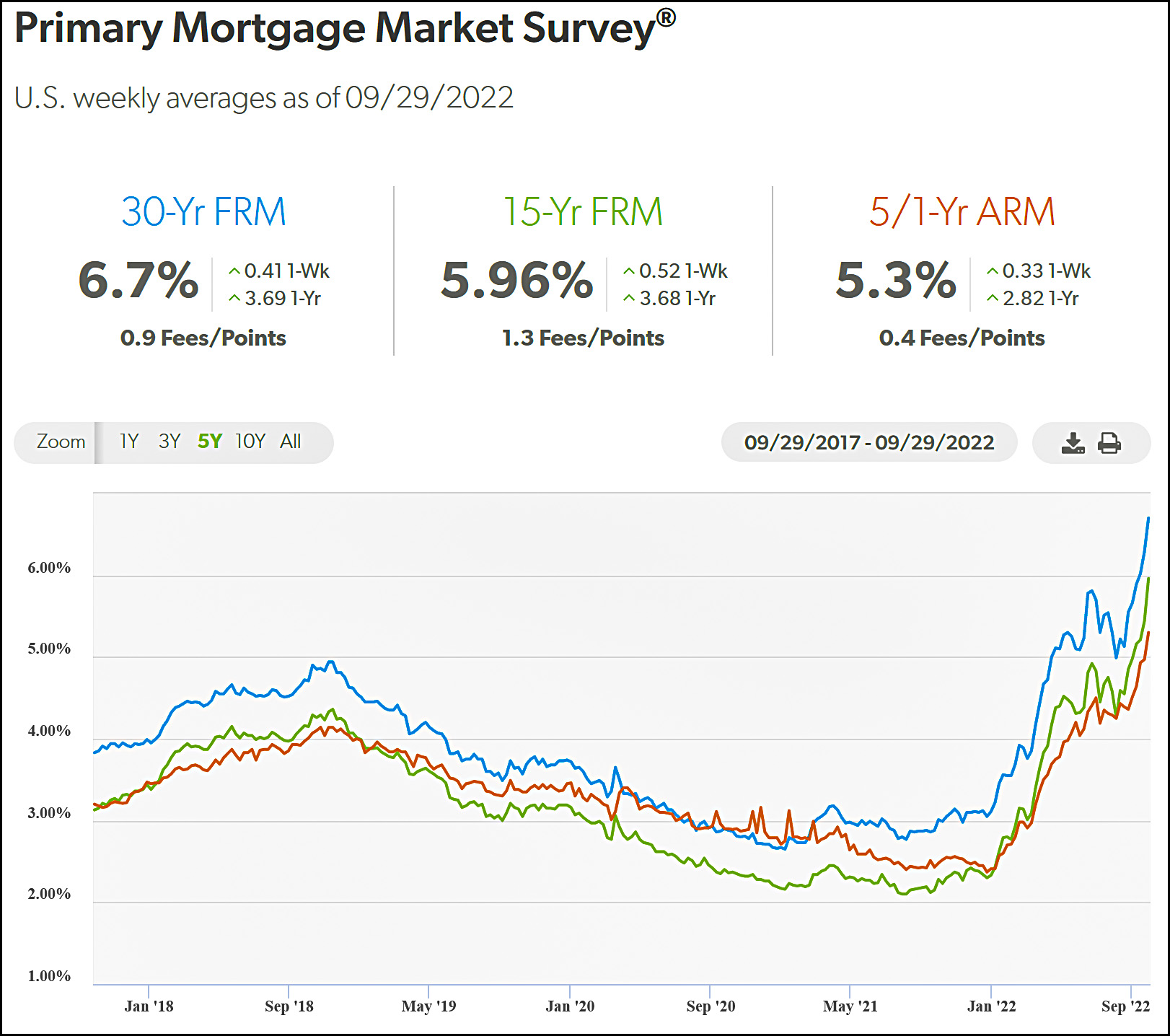Charlie Cooke really really doesn't like President Biden's student loan forgiveness program:
“I consider this to be a constitutional crisis,” he said. “I think that from start to finish, we are witnessing a president test the established legal order of the United States. . . . His broader party know that he’s not allowed to. But he went ahead and willfully did it anyway.”
These vast, sweeping changes are deeply out of line with our Founding documents. “To go back to first principles,” he says, “this is why we have a Congress. This is why we don’t have a dictatorship. Nothing we have seen from the Biden admin in the last two months related to this executive order would’ve been different in a dictatorship. Every decision’s been executive.”
Joe Biden, dictator!
This is the same schtick conservatives pulled on President Obama and it's equally ridiculous this time around. Is the student loan program unconstitutional? I doubt it, but it's possible. And if it is, the Supreme Court will say so and the program will be revoked.
This happens All. The. Time. Presidents push the boundaries of their authority. The Department of Justice backs them up with legal opinions. The opposition takes them to court. The court then rules one way or another.
Conservatives screamed for years about DACA, the Obama executive order that gave dreamers (kids who were brought across the border to the US at a young age) an across-the-board approval to work, go to school, and avoid deportation. Tyranny! But nothing stopped conservatives from suing—which they did—and they found a friendly district judge in (of course) Texas to rule in their favor and block an expanded version of DACA. The law then meandered through the court system, going up and down to the Supreme Court a couple of times but staying partially alive. Conservatives kept on going, though, and now that Joe Biden is president he responded in the usual way: he appealed. He'll probably lose that appeal and then move on to the Supreme Court. They'll either approve DACA; strike it down; strike it down partially; or send it back to a lower court. Some tyranny.
So let's cut out the dictator talk unless you have serious grounds for it. If the Supreme Court eventually rules against DACA, the Biden administration will obey the court and cancel it. That's how a democracy works. There are no jackbooted thugs on our doorsteps.

